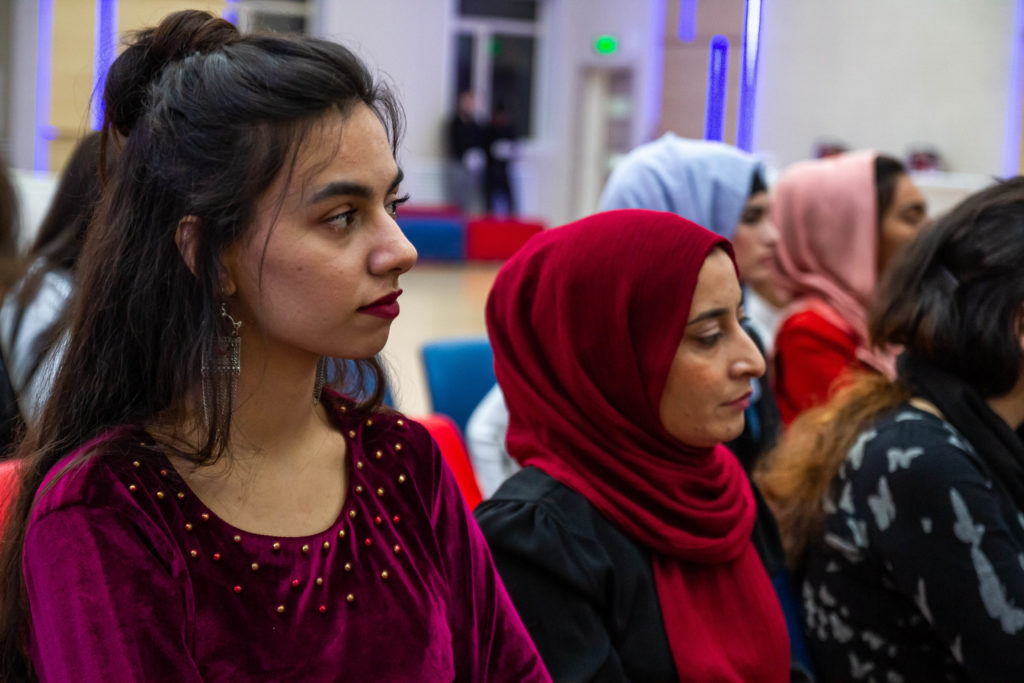The European Union (EU) and the United Nations Development Programme (UNDP) opened the 2020 application for full educational scholarships for Afghan women to study in Kazakh-British Technical University (KBTU), one of Kazakhstan’s top universities.
Women with Bachelor’s or Master’s degrees with an elementary level English are eligible to apply to the Technical and Vocational Education and Training (TVET) academic program in Mining at KBTU in Almaty, Kazakhstan’s trading and cultural hub.
“It is a new cross-border initiative that gives an opportunity for Afghan women to obtain education from Universities in Central Asia and thus enhance their skills and re-invent themselves professionally,” the EU Delegation in Kazakhstan press service wrote in a statement.
The scholarship is given for two years: a foundation year where students take an English language course and basic Russian, and a year dedicated to the TVET course in Mining.
In October 2019, Kazakhstan welcomed the first group of 30 women for the start of the education programme. The organizers selected the participants through a three-stage rigorous process which saw more than 500 applicants. The candidates needed to apply, take an English placement test and pass an interview with the selection committee.
“TVET appeals to me because it is not just a theory-based programme, but also includes practical internships”, said Jamila Bahrami, one of the first TVET participants. “Just like educational grants create opportunities for a better future, I think it is my responsibility to multiply the effect and create opportunities for others.”
Bahrami is a graduate of Kabul University with a Bachelor’s degree in Economics. She came from Ghazni province in Afghanistan. At the end of this academic year, she will complete her English intensive foundation at Almaty Management University.
“We believe that women are central to economic growth and sustainable development and that their economic empowerment is crucial to a country’s progress,” said EU Representative to Kazakhstan Sven-Olov Carlsson.
“One of the key elements of the European Union’s approach to education is the willingness to generate knowledge and growth through the support of mobility programmes from which students can benefit,” he said.
According to the 2019 UNDP Human Development Report, only 13.2 percent of all adult Afghan women have completed at least a secondary education, while this figure is 36.9 percent among adult men.


